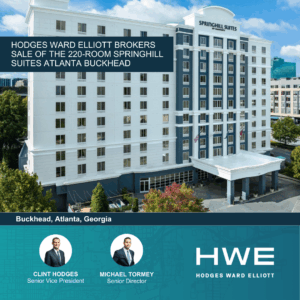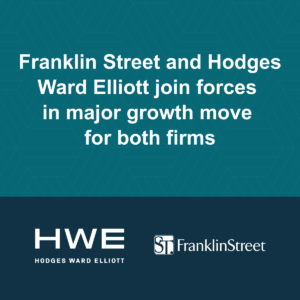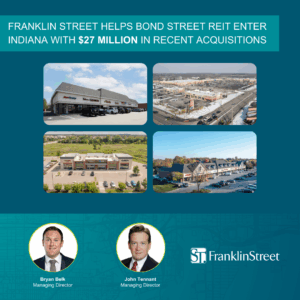Since the onset of the COVID-19 pandemic, retail and restaurant space has been severely impacted by government-mandated shutdowns. While some stay-at-home orders have been lifted, the sector has struggled to return to its pre-pandemic norms. As a result, lenders have shied away from retail, whether it be construction, refinancing or acquisition loans, according to an expert panel assembled by France Media, Inc.
Retail has “lost a lot of favor” with lenders, said Pierce Mayson, managing principal of SRS Real Estate Partners, during a webinar panel titled “Southeast Retail Investment Outlook: Will Retail Investment Activity Bounce Back in 2021?” Southeast Real Estate Business and Shopping Center Business jointly hosted the webinar on Monday, Nov. 16.
“There is still some money out there for retail, but it’s few and far between,” said Mayson.
Joining Mayson on the panel were Fred Victor, vice president of capital markets and investment sales at Transwestern; Greg Matus, senior vice president of investment sales at Franklin Street; Jeff Enck, associate director of capital investments at Stan Johnson Co.; and moderator Craig Thompson, partner at accounting firm Carr Riggs & Ingram.
One telltale sign that banks are bearish on the retail real estate sector is the fact that they are requiring borrowers to bring more equity to the table. Some national banks are capping deals at 50 percent loan-to-value (LTV) for acquisition and development financing. According to Matus, pre-pandemic LTV ratios were approximately 60 or 70 percent.
“A lot of owners are trying to refinance properties that have problems, so banks are running scared,” said Matus. “It’s just a really tricky market when it comes to debt.”




